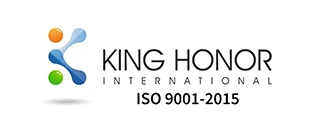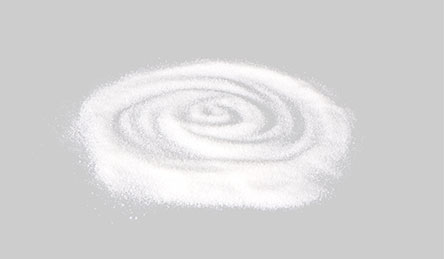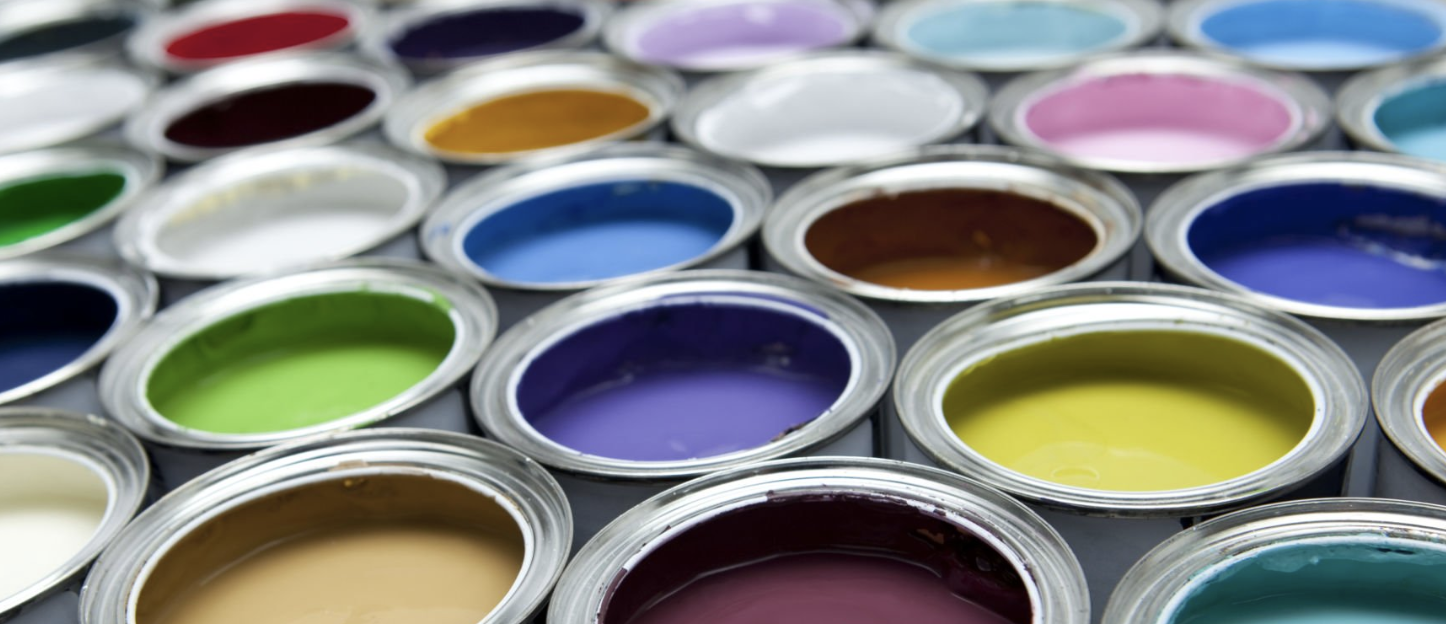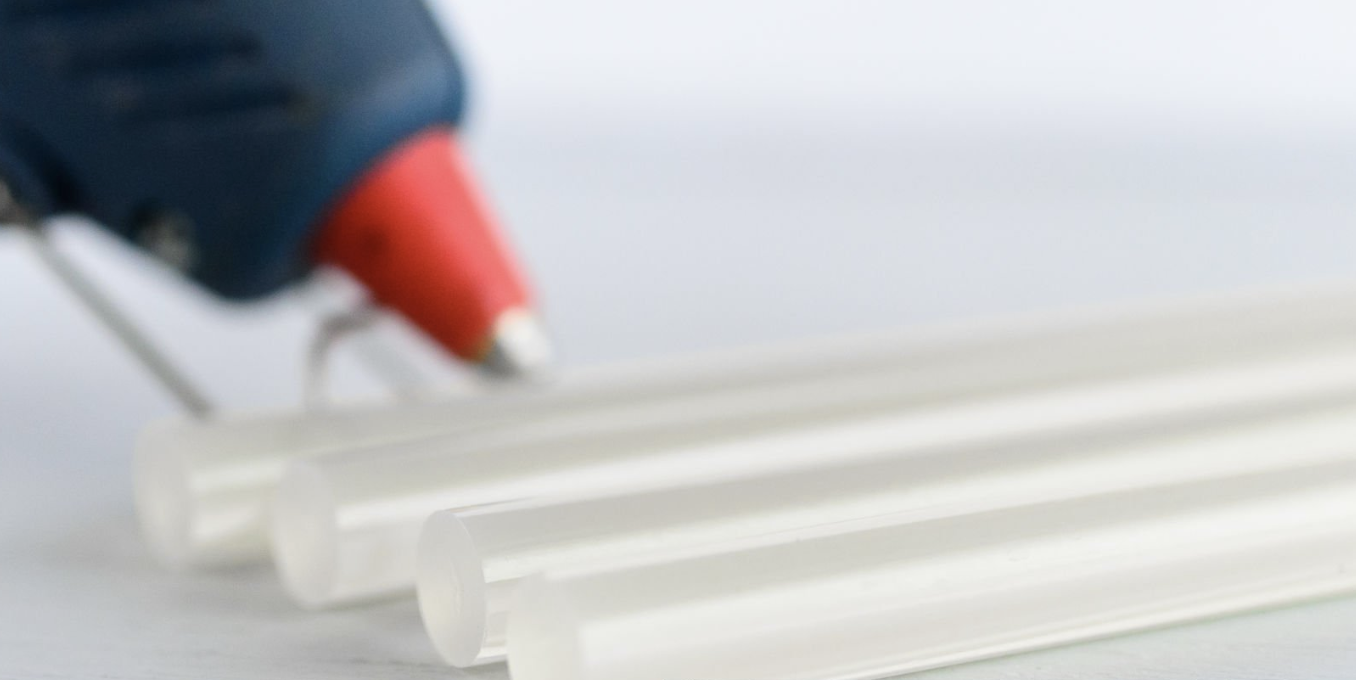
Search


Fischer wax is a kind of synthetic wax, which comes from Fischer-Tropsch synthesis process. The process involves converting carbon monoxide and hydrogen into liquid hydrocarbons, which can then be further processed to obtain Fischer-Tropsch wax(FT wax). Ft wax is a saturated direct paraffin with very fewer double bond, strong antioxidant ability and good weather resistance.

1. Candles
Fischer-Tropsch wax is an excellent substitute for natural waxes like beeswax and paraffin wax in candle production. It offers a high melting point, good combustion stability, and low odor, suitable for various candle applications. It's blended with paraffin wax to reduce the cost.
2. Hot melt adhesive
As a viscosity regulator in hot melt adhesive formulations, Fischer-Tropsch wax, along with other additives, improves adhesive performance, widely used in packaging, furniture edge sealing, and sanitary products.
3. Packaging and coatings
Fischer-Tropsch wax is utilized in producing packaging materials like paper and food packaging, enhancing water resistance, gloss, and isolation. It also extends the shelf life of fruits and vegetables as a coating.
4. Polishes and coatings
In polishes, coatings, and varnishes for wood, flooring, furniture, and automotive applications, Fischer-Tropsch wax provides a durable, glossy surface, along with scratch and abrasion resistance.
5. Printing ink
Fischer-Tropsch wax serves as a component in printing ink and toner formulations, improving glossiness.
Polyethylene (PE) wax, also known as polyethylene polymer wax or oxidized polyethylene wax, is a synthetic wax derived from polyethylene. It is produced by oxidizing polyethylene under controlled conditions. PE wax has a wide range of uses and applications because of its unique characteristics.
1. Plastic and rubber processing
PE wax serves as a processing aid in the plastic and rubber industry, reducing friction, enhancing fluidity during processing, and improving mold release performance and surface finish of molded products.
2. Paints and inks
In coatings, paints, and inks formulations, PE wax enhances scratch resistance, provides a frosting effect, improves anti-sticking performance, wear resistance, gloss, and water resistance.
3. Textiles and leather
PE wax acts as a lubricant and finishing agent in textiles, enhancing wear resistance, antistatic properties, and reducing friction between fibers. In leather finishing, PE wax provides gloss and softness.

1.The Molecular Weight Difference:
The molecular weight of Fischer-Tropsch wax is much lower than that of PE wax. It easily penetrates high-viscosity macromolecular chains, significantly reducing melt viscosity, exhibiting small migration during processing, and providing obvious lubrication effects in later stages.
2.Viscosity Difference:
The viscosity of Fischer-Tropsch wax is much lower than that of PE wax, being only about 10 percent. The same lubrication effect can be achieved with a smaller amount of Fischer-Tropsch wax, which is only 70-80 percent of PE wax.
3.Compatibility Difference:
Fischer-Tropsch wax exhibits good compatibility with PVC. Due to its high crystallinity and linear structure, it can enhance the physical and processing properties of PVC products. The Fischer-Tropsch process can synthesize alkanes with varying chain lengths, alter the molecular weight of the final product, and produce a range of products according to requirements.
It's important to note that while both PE wax and paraffin wax have distinct properties and applications, they can also overlap in certain areas. In some cases, they can be used in combination or blended together to achieve specific desired characteristics in various applications. Contact us for more info.